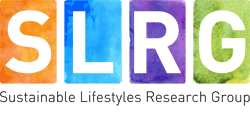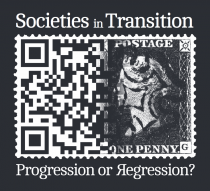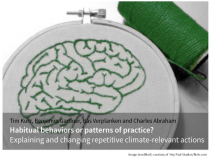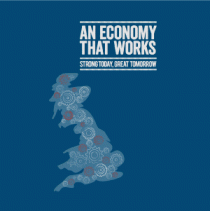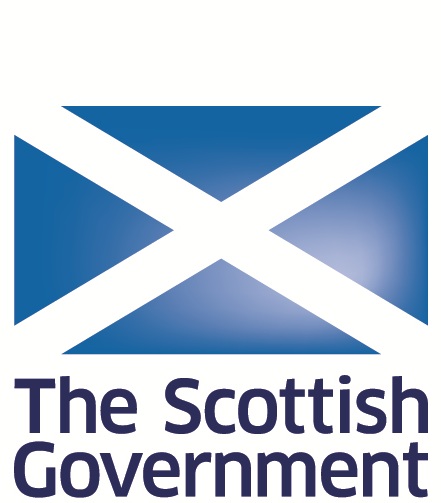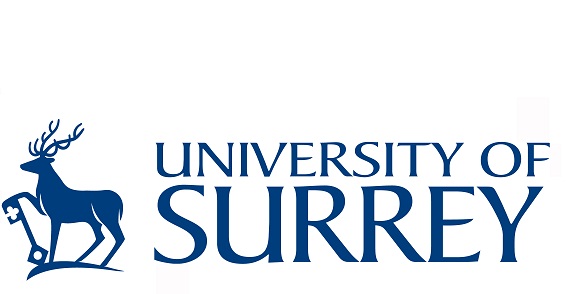- About
- Team
- Projects
- Children and the Environment
- ELiCiT (Exploring lifestyle changes in transition)
- Foundations for Sustainable Living
- HABITs
- Mapping Rebound Effects
- PASSAGE (Prosperity and Sustainability in the Green Economy)
- Policy Dialogue
- Price Responsiveness of Demand in Energy
- Resilience and Sustainable Lifestyles
- Sustainability Transitions in Food Systems
- Sustainable Living in Remote Rural Scotland
- Publications
- News
- Events
Corporate Responsibility Coalitions
Where:
University of Surrey, Room 13 BB 04
When:
Oct 23 2013 - 13:00
The Past, Present, and Future of Alliances for Sustainable Capitalism
Prof David Grayson CBE
Director: The Doughty Centre for Corporate Responsibility,
Cranfield School of Management, UK
The significance of business-led corporate responsibility coalitions is indisputable. The WBCSD has 200 member companies with combined annual revenues of US$7 trillion; the UN Global Compact has almost 8,000 corporate members, over two-thirds of them from developing countries. It is estimated that there are more than 110 national and international generalist business-led CR coalitions. But there is now urgent need for informed and balanced analysis of their achievements, their progress and their potential. Why did these coalitions start and grow? What have been their impacts? Where are they heading now? Where should they be going? What is the future?
In a period of austerity, the business and public sector must decide whether funding these coalitions is a priority. To meet current crises, there will have to be a great deal more business involvement; but efforts of individual corporations will not be sufficient. There is also a need for far more collective action among companies and more collaborative action between different sectors of society. Business-led CR coalitions with their decades of convening experience could play an important role in this process - if they are fit for purpose going forward.
About
 Authors David Grayson and Jane Nelson have been actively involved in such coalitions for decades. In Corporate Responsibility Coalitions they first explore the past, present and future of these coalitions: the emergence of new models of collective corporate action over the past four decades; the current state of play, and the increasing number, diversity and complexity in terms of how they not only network with each other but also engage in a much broader universe of institutions that are promoting responsible business practices.
Authors David Grayson and Jane Nelson have been actively involved in such coalitions for decades. In Corporate Responsibility Coalitions they first explore the past, present and future of these coalitions: the emergence of new models of collective corporate action over the past four decades; the current state of play, and the increasing number, diversity and complexity in terms of how they not only network with each other but also engage in a much broader universe of institutions that are promoting responsible business practices.
For articles by David Grayson he wrote for The Guardian go here.
Enquiries to Claire Livingston, Administrative Co-ordinator There is no cost to attend this seminar but please let Claire know if you plan to attend
+++
Please note that any views and opinions expressed in the seminar are those of the speakers and do not necessarily reflect the views of RESOLVE, SLRG, ESRC, Defra, The Scottish Government or the University of Surrey
